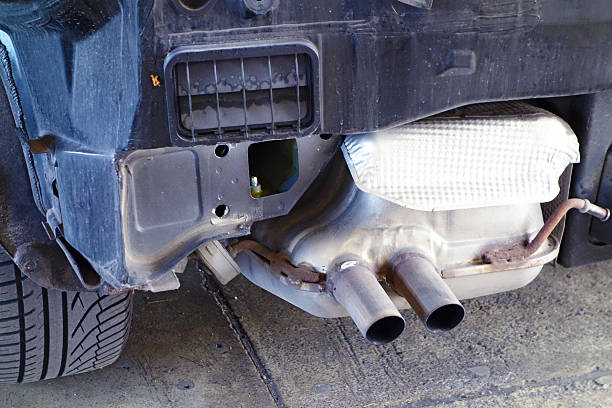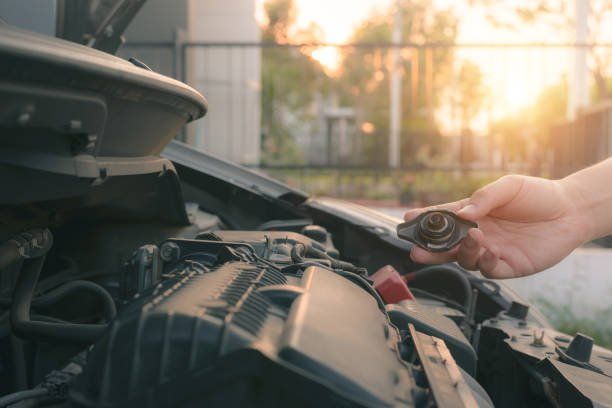Classic Car Transport
In the case of classic car transport, one of the first things to consider is the vehicle's insurance requirements. Depending on the nature of the transportation, you may be required to have full coverage or at least third party liability insurance for the auto during transportation. There are also some classic car transport companies that will provide coverage as an add-on service to the general auto policy. If you are interested in these types of services, make sure to shop around for quotes and compare the various policies to ensure you get the best value.
If you decide that full coverage or even third party liability insurance is required, you will also want to check into the vehicle's standard equipment. Some classic car transport companies will only insure the vehicle during transportation, while others will insure the vehicle and then supply a closed transport facility where they can drive the vehicle home after the transportation. The closed transport option is often preferable, especially if your classic car is relatively young and has little damage to its engine or mechanical components. Even if the vehicle is nearly brand new, you still may have minimal wear and tear on the motor that may prevent it from running properly after it is delivered to your new home.
When choosing a classic car transport company, you will also want to consider the company's reputation and the safety record of the carrier. You can always research the history of a particular company by asking around in your community and by asking fellow classic car enthusiasts. A good transport carrier will provide you with a written guarantee as well as a list of past clients who have used their service before. Another factor that should be considered before shipping classic cars is insurance. You should always ask the carrier, whether or not they carry full coverage insurance for this type of vehicle. It is also advisable to research the company thoroughly by calling the Better Business Bureau. On occasion, a carrier may choose to exclude certain types of vehicles from their coverage or offer a low rate because of this. Because classic transportation does not happen very often, a low annual percentage rate may be offered as an incentive to entice customers to use the carrier.
Be sure to ask what types of insurances they have in place should your vehicle need to damage or destruction. In addition, remember that there are many restrictions on how and where you can transport a classic car. If you are shipping it over state lines, you are limited to using trucks that are registered in that state. On the other hand, if the vehicle is over a size regulation, it may be prohibited from being shipped at all. It is important that you discuss this with the company you are considering using so that you can avoid any unexpected problems should your vehicle be shipped out-of-state. This can be a long process but it can be well worth the wait if your classic car needs restoration or repair.
Auburn Classic Car Experts
Auburn Classic Car Experts bring pride and passion to every project that we undertake, with a professional team of mechanics.
Quick lInk










